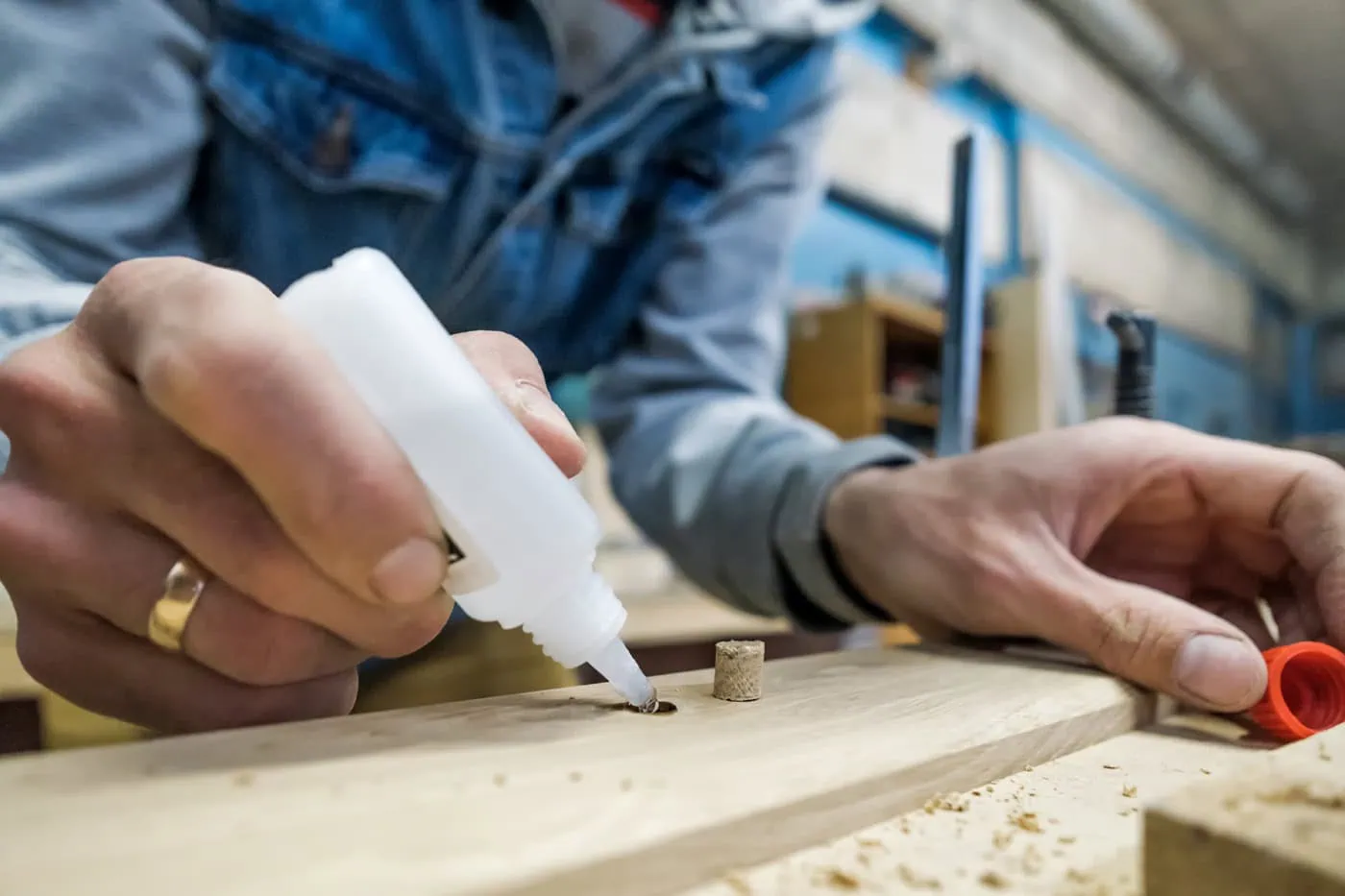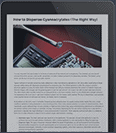Understanding Industrial Substrate Bonding
Many industrial markets rely on adhesive bonding to overcome manufacturing challenges. Whether you’re working with metal, plastic, rubber, or even composite materials, the right adhesive can achieve a strong and lasting bond. However, it’s important to understand how adhesion works and its substrate-specific requirements.
In industrial adhesive bonding applications, adhesion refers to the bond between your adhesive material and the given substrate, whereas cohesion refers to the internal strength of the adhesive product itself. With proper adhesion, your adhesive product will remain firmly bonded to the surface of your substrate, even under challenging environmental conditions.
Every substrate has different requirements that must be met to form a strong bond. For example, material compatibility and surface energy are crucial considerations when working with plastic substrates. In metal bonding, it’s critical to consider the different surface preparation techniques available and environmental conditions. Rubber bonding requires knowledge of your material’s shore hardness and surface treatments.
Exploring substrate-specific factors like these is essential for achieving lasting results. As an expert in industrial bonding materials, Aron Alpha can help you find the right adhesive for your needs. Our range of cyanoacrylate products helps clients from diverse backgrounds eliminate the drawbacks associated with mechanical fasteners, with advantages like:
- Uniform stress distribution
- Assembly weight reduction
- Improved production efficiency
- Ability to join dissimilar materials
- Enhanced aesthetic finish
Below, you can learn more about the most common types of substrates used in industrial adhesive bonding applications. We’ll also discuss how to identify the best bonding adhesive for your needs and industrial bonding best practices.
Types of Industrial Substrates
Aron Alpha’s industrial adhesive bonding products are compatible with an extensive range of industrial substrates, including many types of metal, plastic, wood, and composite materials.
Choosing the Right Adhesive for Your Substrate
Adhesion is the molecular force of attraction between two materials, and the strength of attraction is determined by the material’s surface energy. Materials with a high surface energy will experience greater molecular attraction and a stronger bond. In other words, substrates with high surface energy allow the adhesive to easily spread out, increasing the contact between the adhesive and the substrate. Conversely, materials with low surface energy, such as certain plastics, will exhibit weaker attractive forces.
Surface contact is crucial to adhesive performance. To maximize it, be sure your substrate is free from any contaminants and apply firm pressure to increase the flow and contact of the adhesive with the substrate. Low surface energy materials may require a cyanoacrylate primer to facilitate bond strength between them.
Best Practices for Bonding Industrial Substrates
While each application has unique requirements, there are a few universal best practices to keep in mind when bonding industrial substrates:
- Remove any dust, dirt, or contaminants from the bonding surfaces before adhering
- Apply the adhesive in thin, uniform amounts to distribute stress evenly
- While the adhesive cures, apply pressure evenly along the bond line
Certain plastic materials feature a low surface energy that makes them difficult to bond. To ensure successful results, verify that your adhesive is compatible with your substrate and apply the adhesive carefully. If you’re working with nylon, polyester, or acetal, you should apply a primer before bonding to achieve the best results. PTFE and PTFE blends should be etched on one side before bonding.
It’s also a good idea to consider your joint design. Techniques like lap joints can distribute stress evenly across the bond, preventing stress buildup and compensating for thermal expansion differences.
Cyanoacrylate Applications
Cyanoacrylate products from Aron Alpha are used throughout an extensive range of applications, including industrial manufacturing, medical device assembly, cosmetic packaging, and so much more. Explore the most common uses for our solutions below.
Quality Adhesives for Industrial Substrates by Aron Alpha
For over 60 years, Aron Alpha has been a trusted leader in cyanoacrylate adhesive technology. We deliver professional industrial adhesive bonding solutions that are compatible with an extensive range of applications. Our team can help you find the ideal solution for even the most challenging substrates. We develop custom formulations, provide on-site engineering consulting, and offer prototype testing to ensure your adhesive will perform as required.
Contact us today to learn more about our industrial adhesives and related services.





